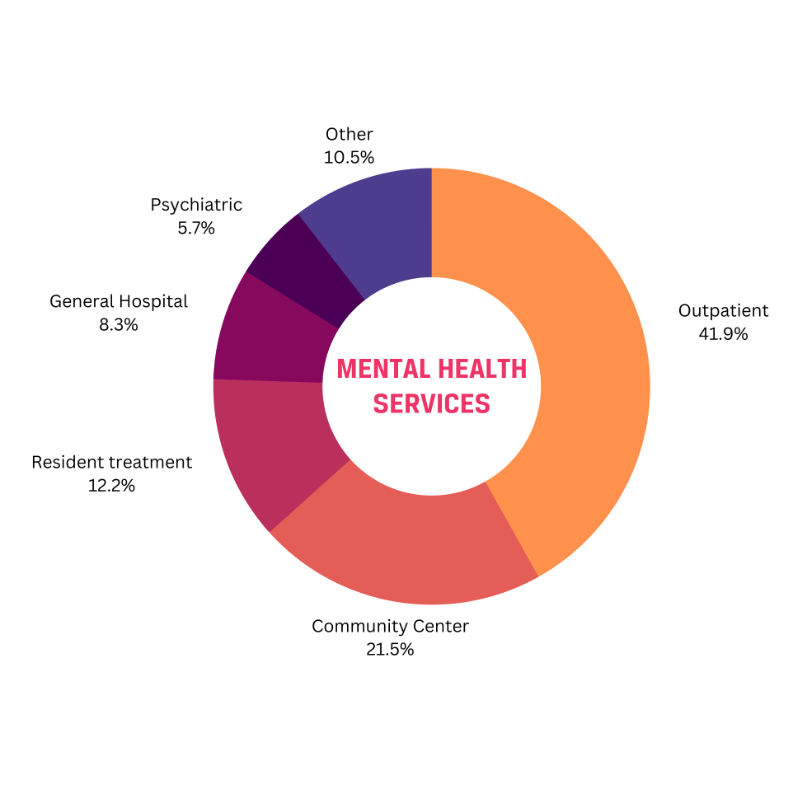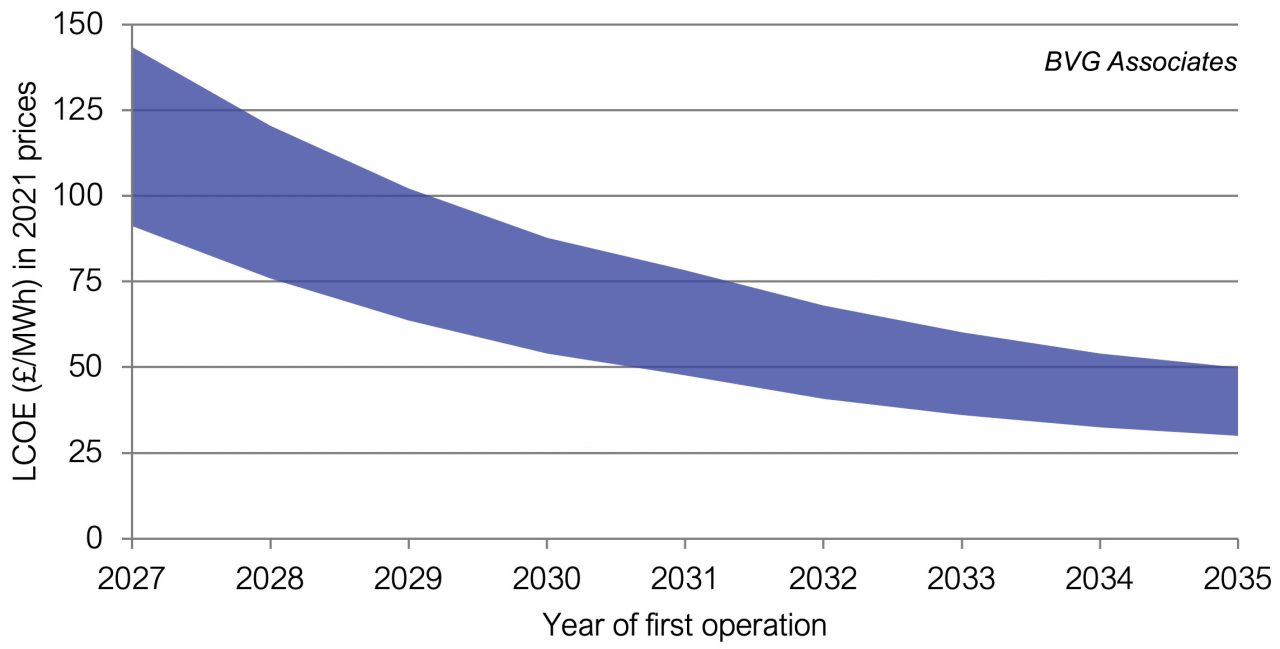High Healthcare Costs And Stigma Limit Mental Healthcare Access

Table of Contents
The Crushing Weight of High Healthcare Costs
The financial burden of mental healthcare is a major obstacle for many seeking treatment. The high cost of mental healthcare significantly limits access, particularly for low-income individuals and families.
The Financial Barrier to Treatment
The cost of mental healthcare can be prohibitive. Consider these examples:
- Therapy: The average cost of a therapy session can range from $75 to $200 or more, depending on the therapist's experience and location. Multiple sessions per week are often necessary, making ongoing treatment financially unsustainable for many.
- Medication: Prescription medications for mental health conditions can be incredibly expensive, even with insurance. Brand-name medications, in particular, can carry substantial costs.
- Hospitalization: Inpatient treatment for severe mental illness requires significant financial resources, often exceeding thousands of dollars even with insurance coverage.
The lack of affordable mental healthcare options exacerbates the problem. Many insurance plans have limited coverage for mental health services, imposing high deductibles, co-pays, and out-of-pocket maximums. This makes accessing even basic care unaffordable for many.
- Types of Mental Healthcare and Associated Costs:
- Therapy (Individual, Group, Couples): Varies widely by therapist and location.
- Psychiatric Medication: Costs differ greatly depending on the drug and insurance coverage.
- Inpatient Treatment: Can range from several thousand to tens of thousands of dollars.
- Partial Hospitalization Programs (PHP): Significantly less expensive than inpatient care, but still a substantial cost.
The Impact of Underinsurance and Uninsurance
The impact of underinsurance and uninsurance on mental healthcare access is particularly severe for low-income individuals and families. Forgoing necessary treatment due to financial constraints can lead to:
- Worsening mental health: Delayed or absent treatment can lead to a worsening of symptoms and potentially more serious mental health issues.
- Job loss: Untreated mental health conditions can impact work performance and lead to job loss, further exacerbating financial difficulties.
- Relationship problems: Mental health struggles can strain personal relationships, leading to isolation and further compounding the problem.
Fortunately, some resources exist to help individuals find affordable mental healthcare:
- Sliding-scale clinics: These clinics offer mental healthcare services on a sliding scale based on income.
- Community mental health centers: These centers provide affordable mental health services, often with a focus on underserved populations.
The Persisting Power of Stigma
Stigma surrounding mental illness is a powerful barrier to accessing care. Negative societal perceptions prevent many individuals from seeking help, perpetuating a cycle of suffering.
Societal Attitudes and Their Impact
Negative stereotypes and misconceptions about mental illness are widespread. These perceptions often lead to:
- Fear of judgment: Individuals fear being judged, labeled, or discriminated against for seeking help.
- Discrimination: People with mental health conditions may face discrimination in employment, housing, and social settings.
- Social isolation: Stigma can lead to social isolation and a reluctance to share personal struggles, making it harder to seek support.
Specific examples of stigma include:
- Workplace discrimination: Individuals may fear losing their jobs or facing career setbacks if they disclose a mental health condition.
- Social ostracization: People may be excluded from social circles or experience bullying and harassment due to their mental health.
The Role of Family and Community
The attitudes of family and community members play a significant role in influencing help-seeking behavior. Supportive environments are crucial for encouraging individuals to seek treatment. Open conversations about mental health are essential to reduce the stigma and create a culture of understanding and acceptance.
Education and awareness campaigns are vital in combating stigma:
- Public awareness campaigns: These campaigns aim to educate the public about mental illness, dispel myths, and promote understanding.
- Community outreach programs: These programs work to destigmatize mental illness at the local level, providing support and education within communities.
Intersection of Cost and Stigma
High healthcare costs and stigma create a vicious cycle that prevents many from accessing care. The financial burden exacerbates the effects of stigma, making individuals even less likely to seek help.
A Vicious Cycle
The high cost of treatment reinforces the stigma, creating a barrier to care. Individuals may feel ashamed or embarrassed about needing expensive mental healthcare, further fueling their reluctance to seek help. This inaction leads to worsening symptoms, potentially requiring even more costly interventions down the line.
Vulnerable Populations
Certain groups face even greater barriers to accessing mental healthcare due to intersecting forms of discrimination and limited resources:
- LGBTQ+ individuals: This community faces significant discrimination and stigma, often leading to higher rates of mental health conditions and lower rates of seeking help.
- People of color: Racial and ethnic minorities often experience disparities in access to mental healthcare, including limited access to culturally competent providers and financial barriers.
- Individuals with disabilities: People with disabilities may face multiple intersecting barriers, including financial limitations, accessibility challenges, and discriminatory attitudes.
Solutions and Policy Recommendations
Addressing the crisis of limited mental healthcare access requires a multi-pronged approach:
- Increased funding for mental healthcare: Greater government funding is crucial to expand access to affordable mental healthcare services.
- Expansion of insurance coverage: Mental health parity laws should be strengthened and enforced to ensure adequate insurance coverage for mental healthcare services.
- Public awareness campaigns: Initiatives to reduce stigma through public awareness campaigns are crucial for encouraging help-seeking behavior.
- Community-based mental health programs: Expanding the availability of community-based mental health programs can increase access to affordable care.
Conclusion
High healthcare costs and persistent stigma create significant barriers to accessing mental healthcare, leaving millions without the support they need. Improving access to mental healthcare requires a concerted effort to address both the financial and social obstacles preventing individuals from getting the help they deserve. Let's work together to improve access to mental healthcare, fight the stigma around mental health, and make affordable mental health services a reality for everyone. Learn more about resources for affordable mental healthcare in your area, advocate for policy changes to expand access, and challenge the stigma surrounding mental illness. Together, we can break the cycle of suffering caused by high healthcare costs and stigma and create a more supportive and equitable system for everyone.

Featured Posts
-
 Fortnites Shut Down Game Modes What Does It Mean For The Future
May 03, 2025
Fortnites Shut Down Game Modes What Does It Mean For The Future
May 03, 2025 -
 Lionesses Match Details Tv Channel Kick Off Time And Streaming For Belgium Vs England
May 03, 2025
Lionesses Match Details Tv Channel Kick Off Time And Streaming For Belgium Vs England
May 03, 2025 -
 Former Liverpool Captain Attacks Manchester Uniteds Transfers
May 03, 2025
Former Liverpool Captain Attacks Manchester Uniteds Transfers
May 03, 2025 -
 Christina Aguilera Has She Changed Too Much Fan Reactions And Comparisons
May 03, 2025
Christina Aguilera Has She Changed Too Much Fan Reactions And Comparisons
May 03, 2025 -
 How Nigel Farage Is Shaping Reform Uks Political Influence
May 03, 2025
How Nigel Farage Is Shaping Reform Uks Political Influence
May 03, 2025
Latest Posts
-
 Economic Headwinds For Offshore Wind A Look At The Current Landscape
May 04, 2025
Economic Headwinds For Offshore Wind A Look At The Current Landscape
May 04, 2025 -
 Rising Costs Jeopardize Offshore Wind Farm Development
May 04, 2025
Rising Costs Jeopardize Offshore Wind Farm Development
May 04, 2025 -
 The High Price Of Offshore Wind A Shift In Industry Sentiment
May 04, 2025
The High Price Of Offshore Wind A Shift In Industry Sentiment
May 04, 2025 -
 Offshore Wind Farm Costs Why Energy Companies Are Hesitating
May 04, 2025
Offshore Wind Farm Costs Why Energy Companies Are Hesitating
May 04, 2025 -
 Expensive Offshore Wind Farms Are They Losing Their Appeal
May 04, 2025
Expensive Offshore Wind Farms Are They Losing Their Appeal
May 04, 2025
